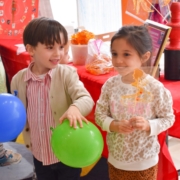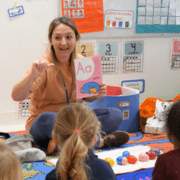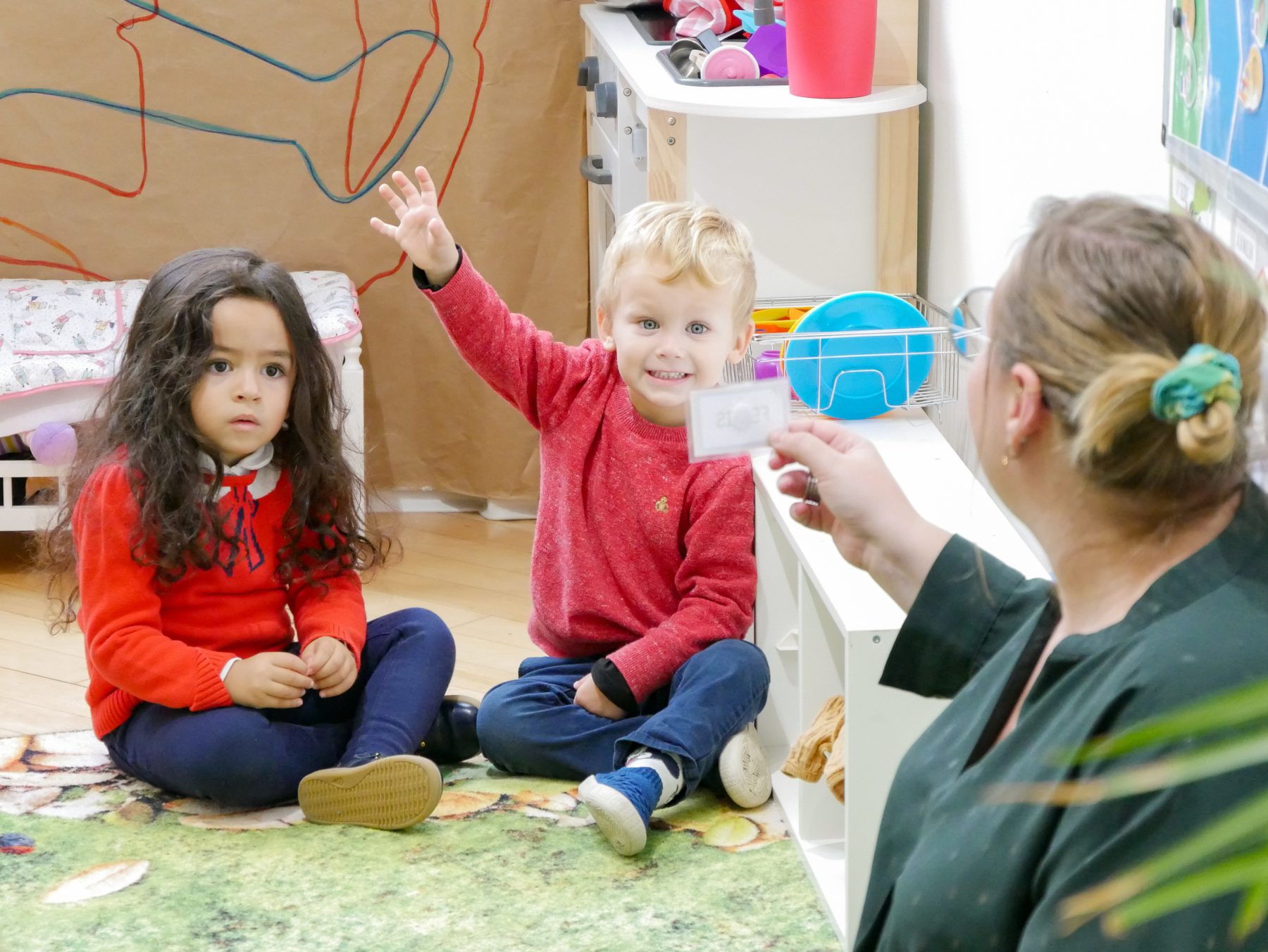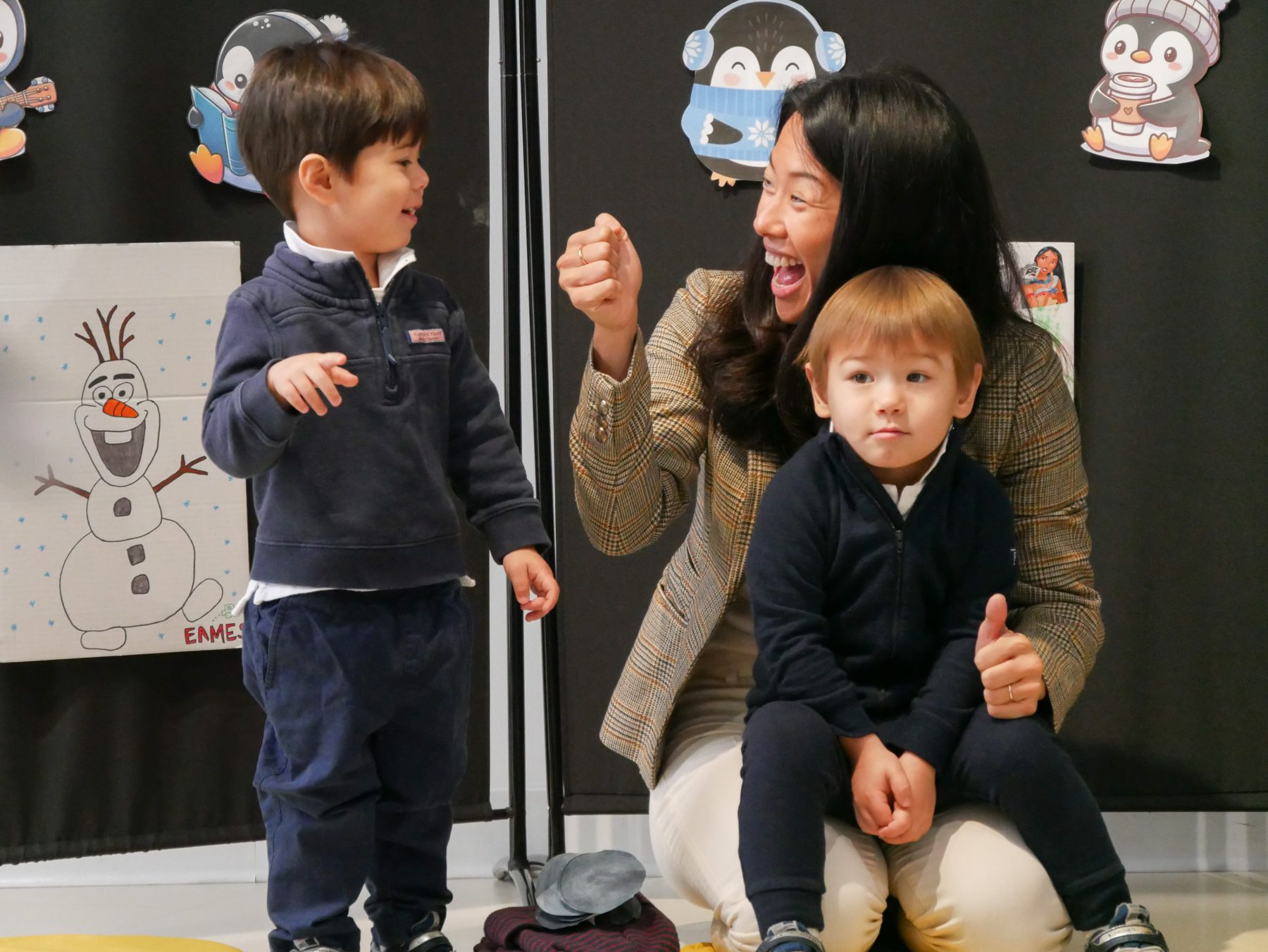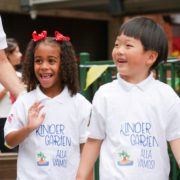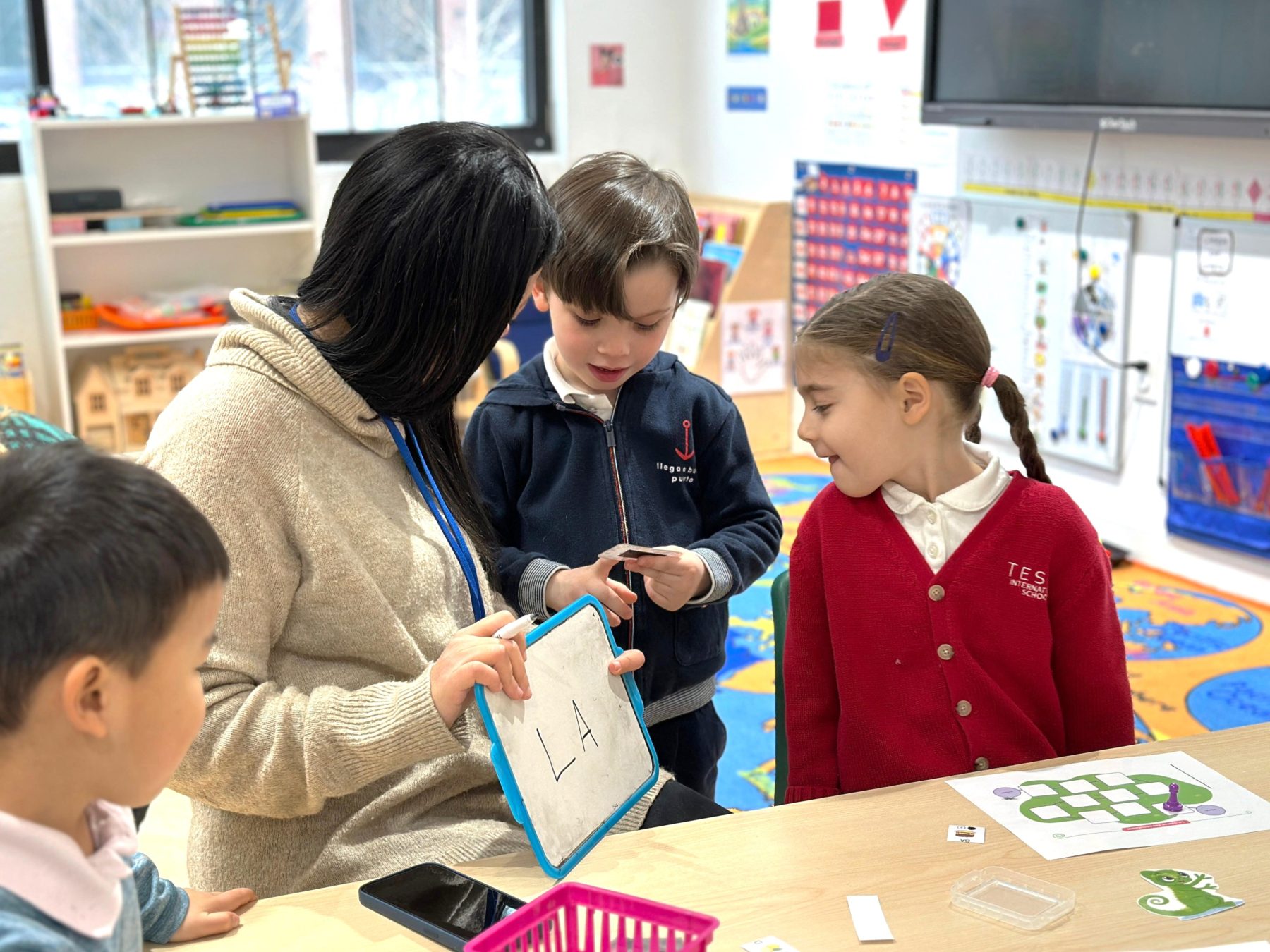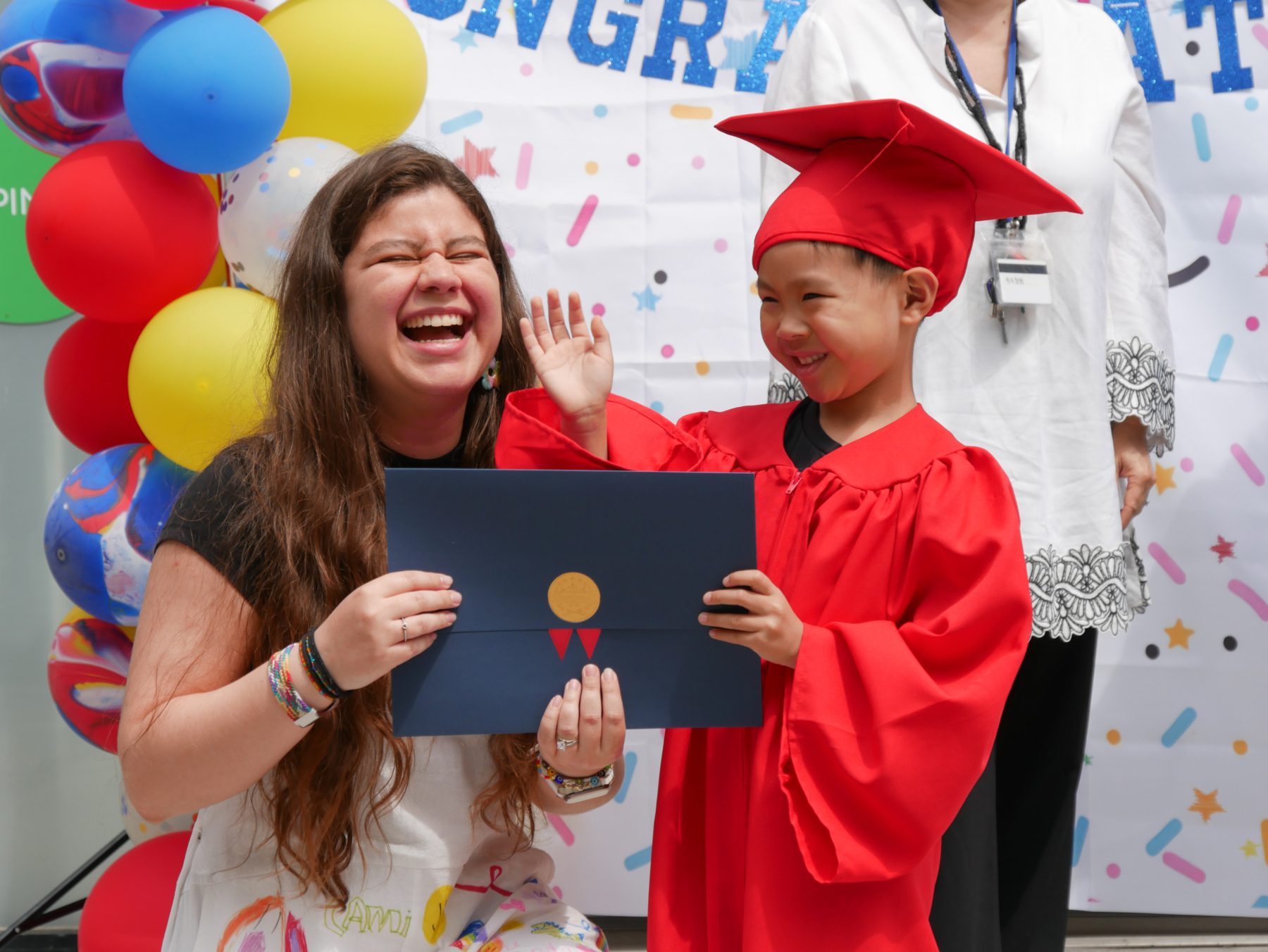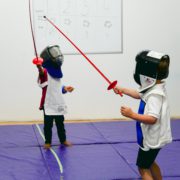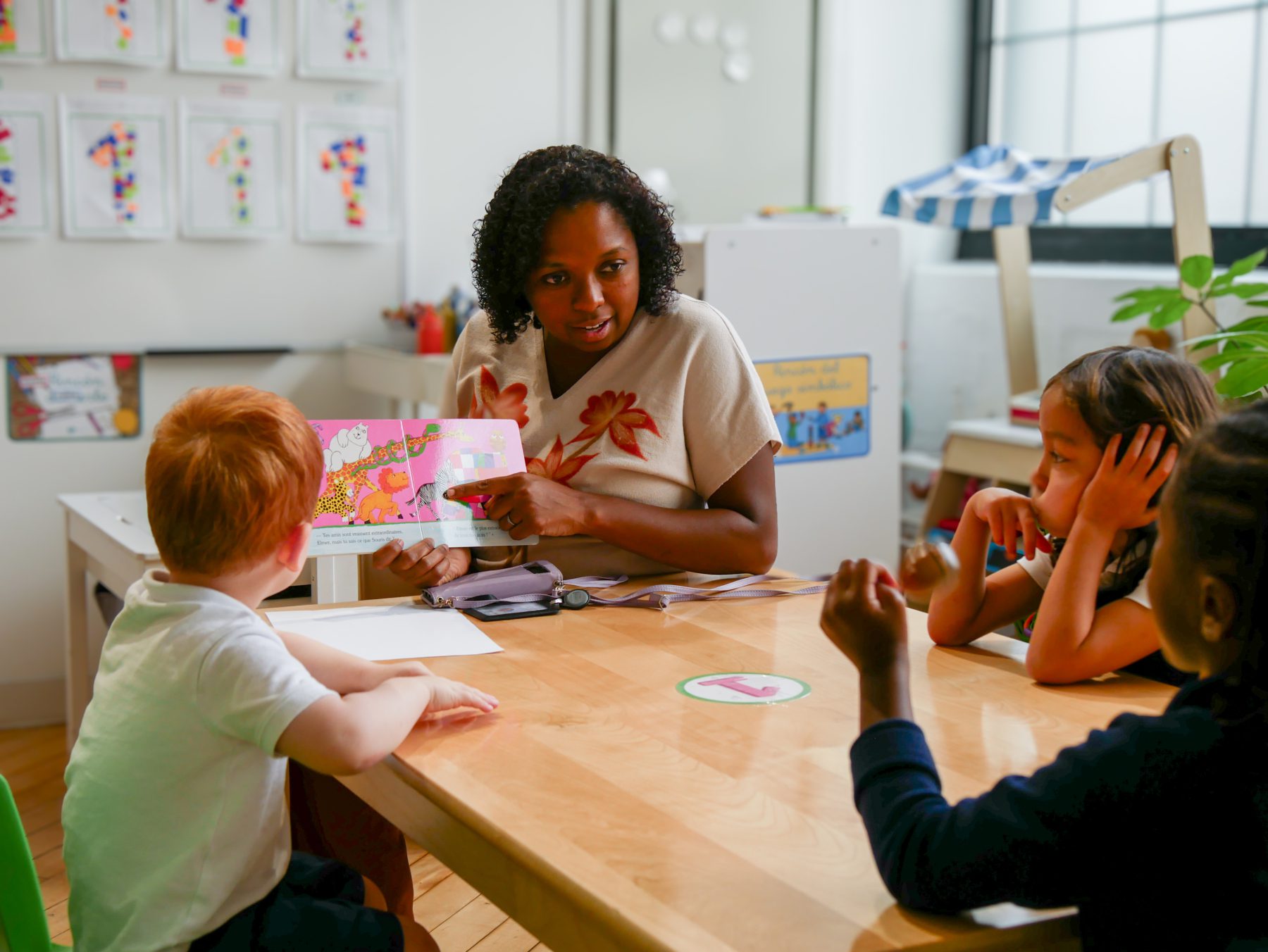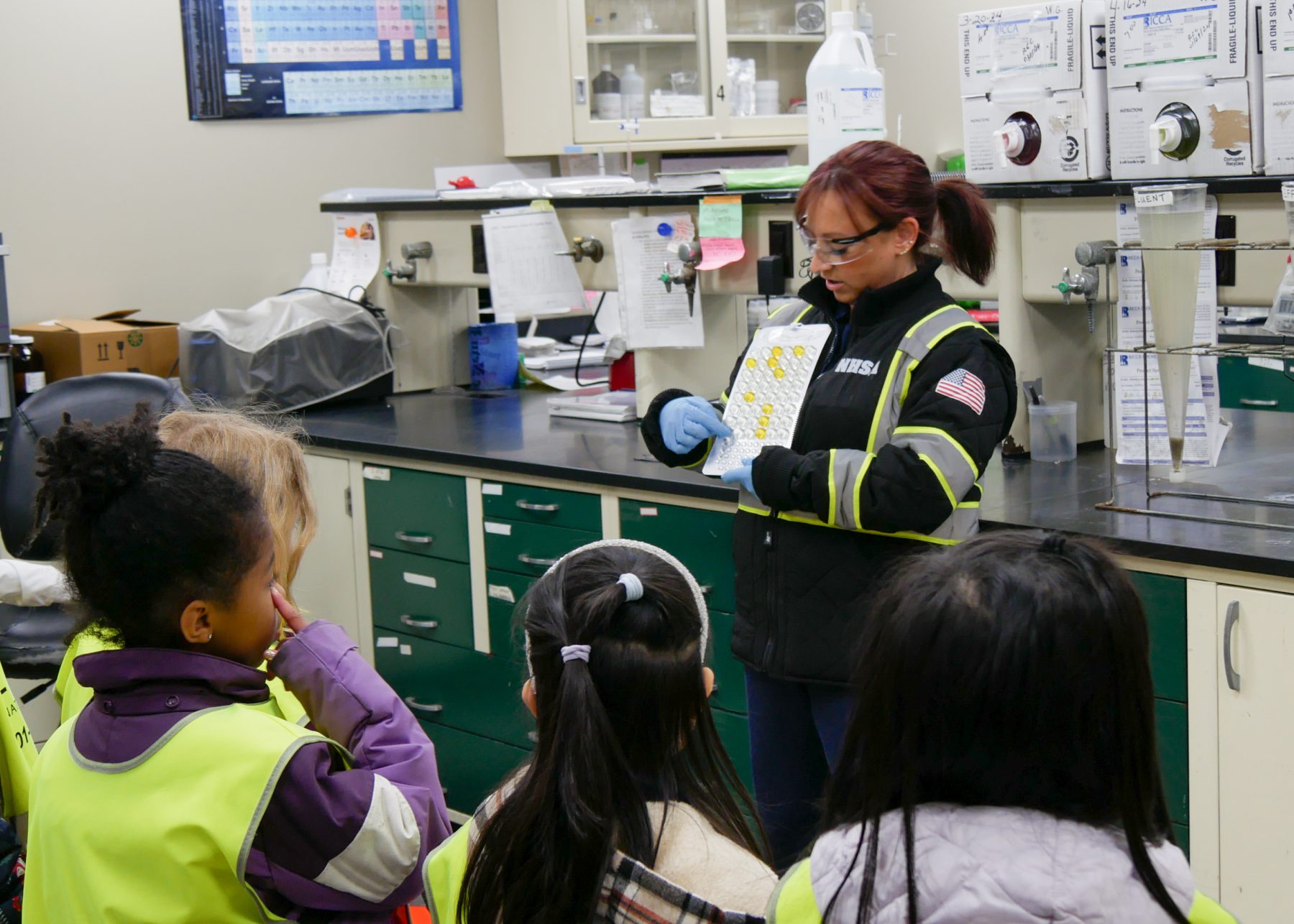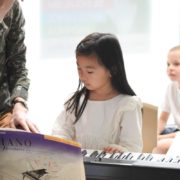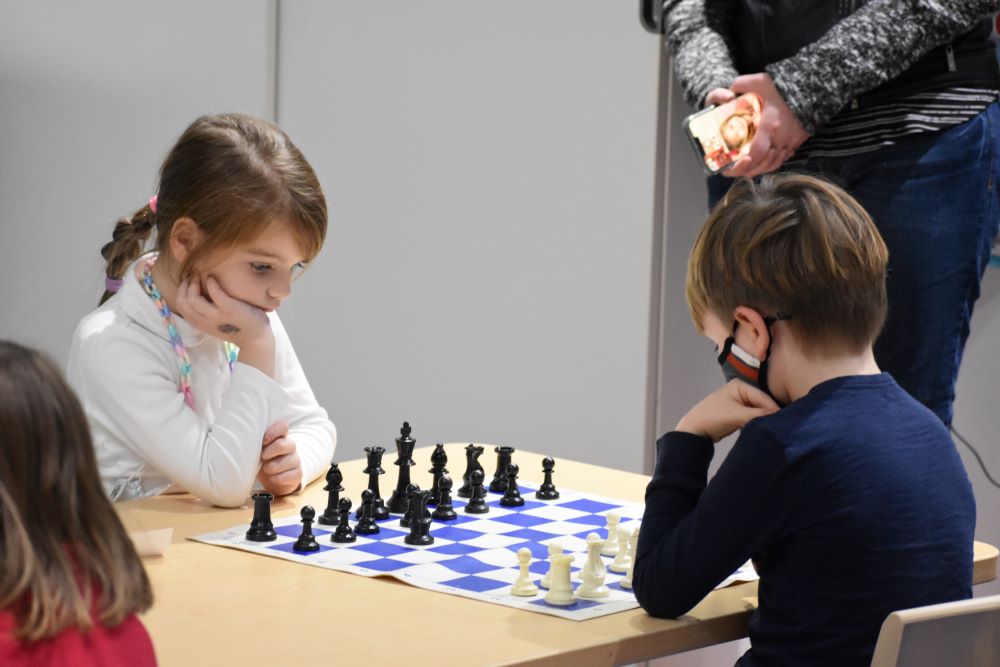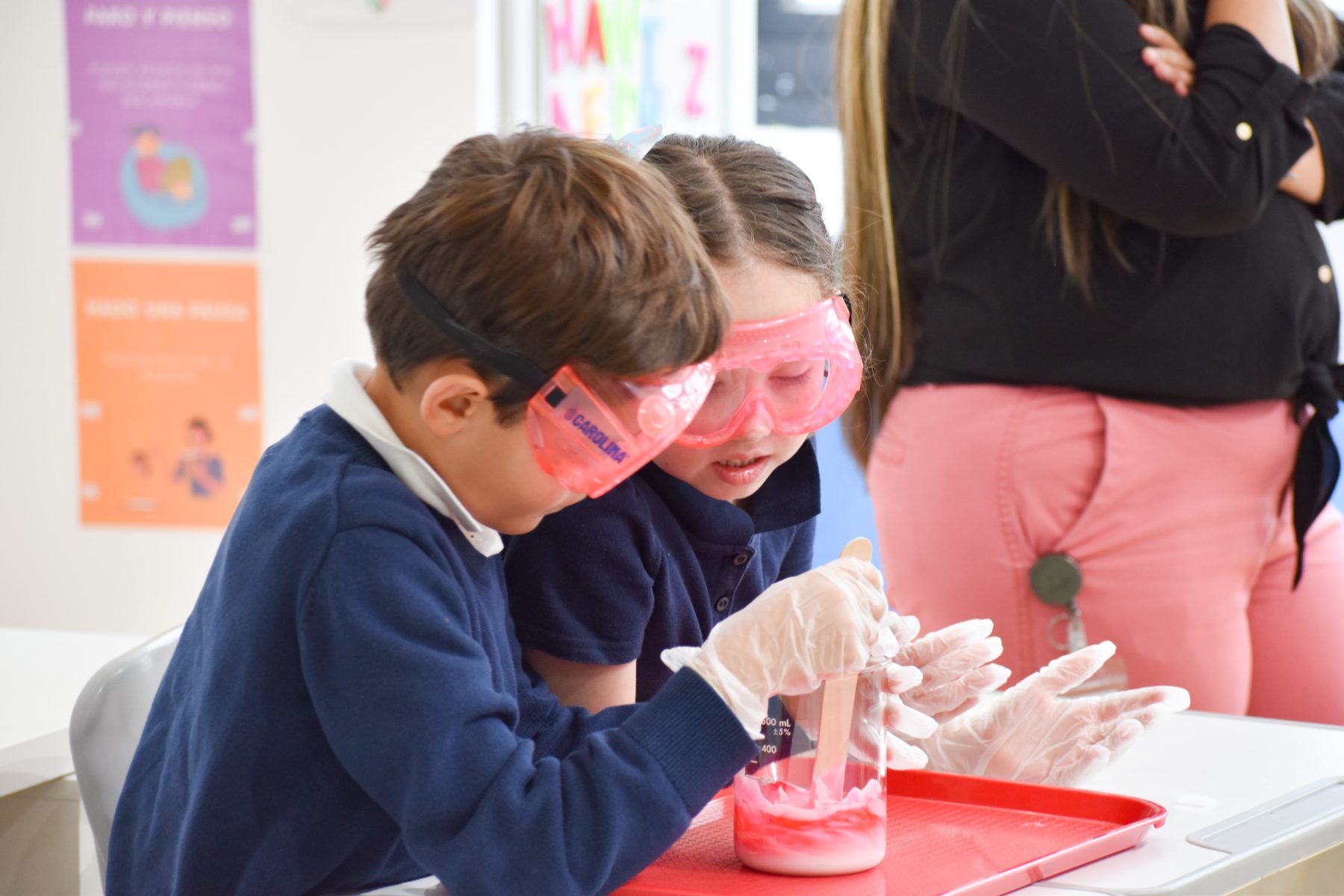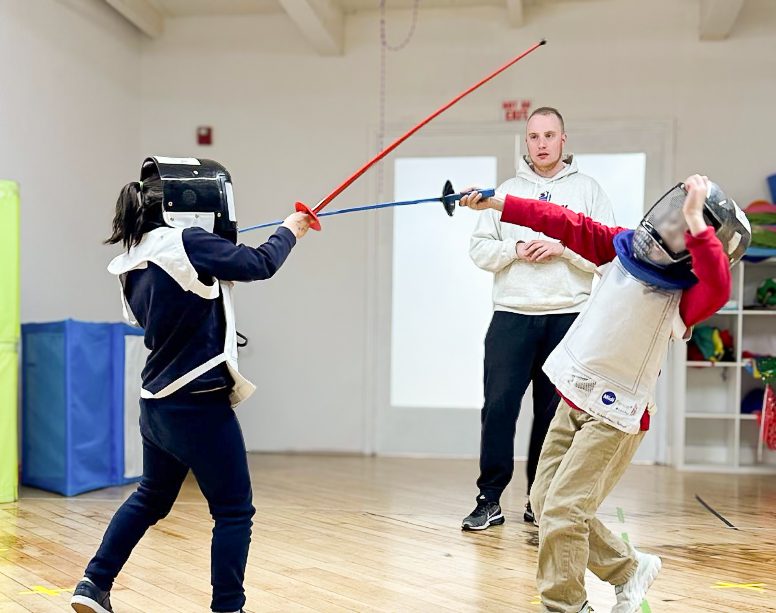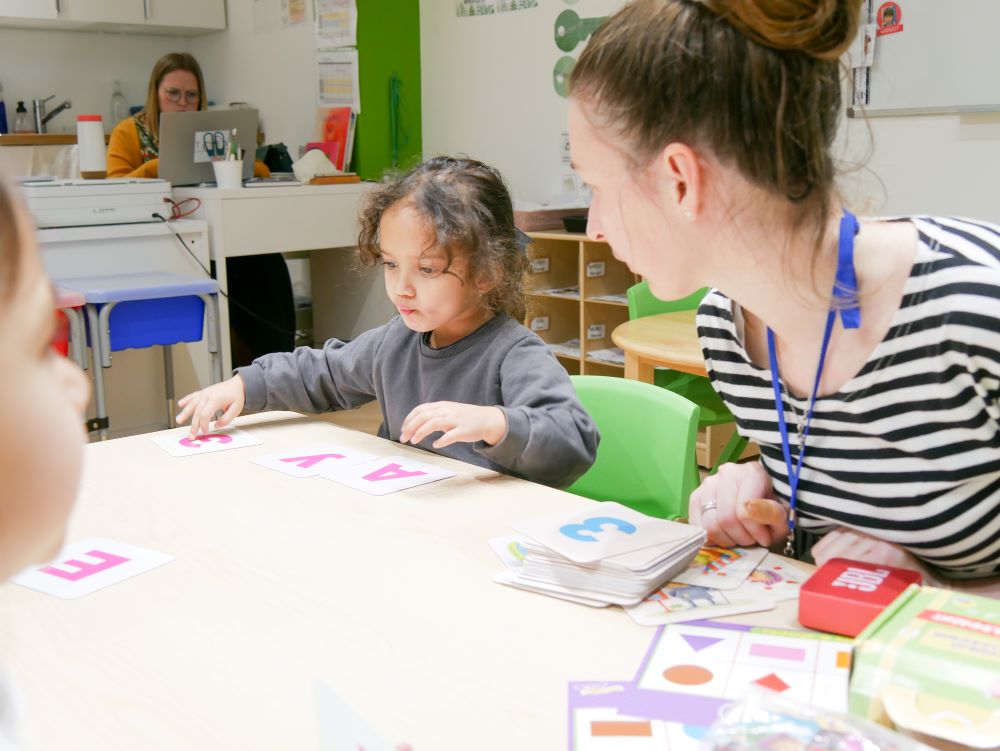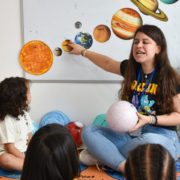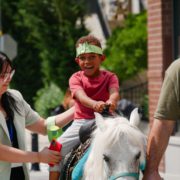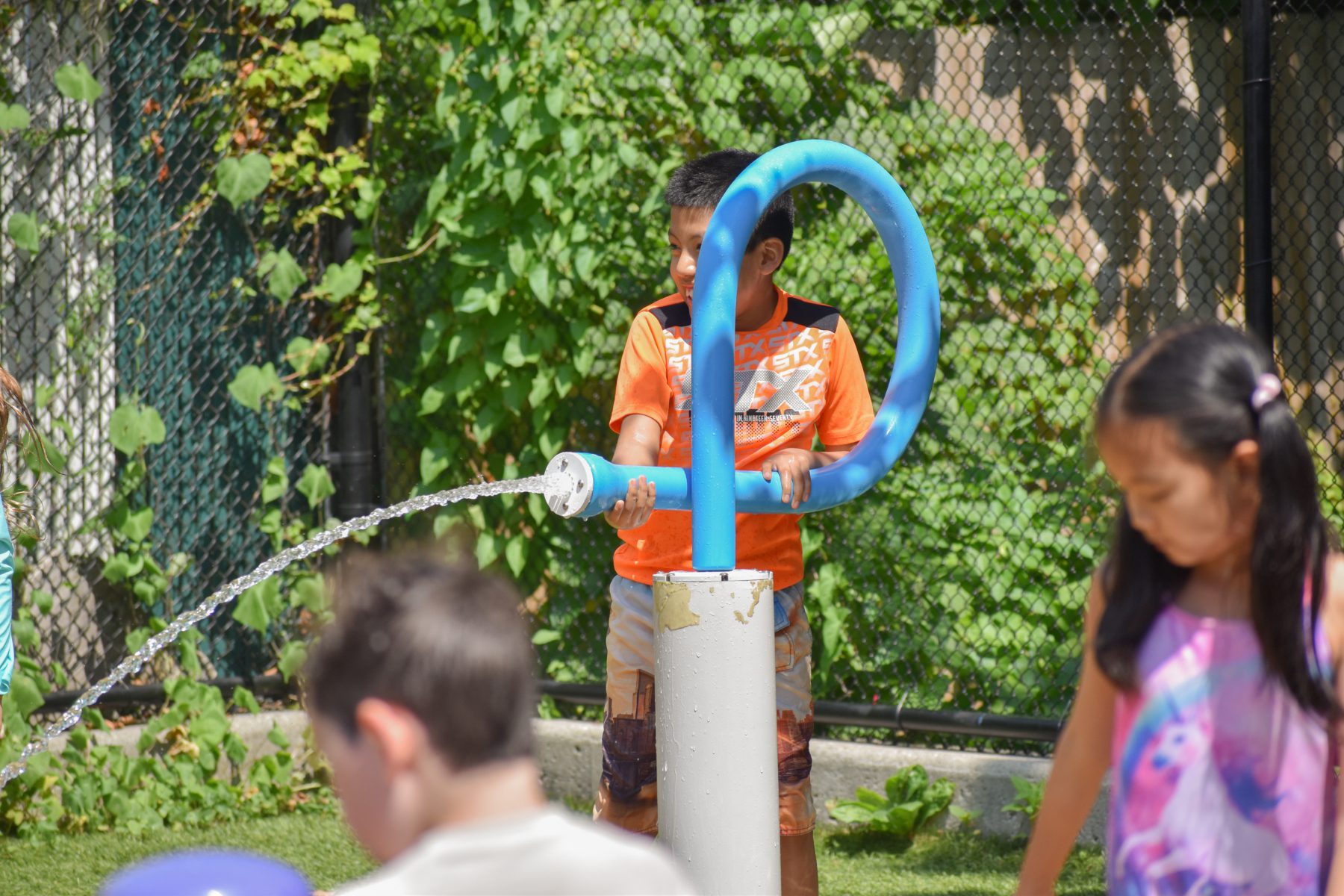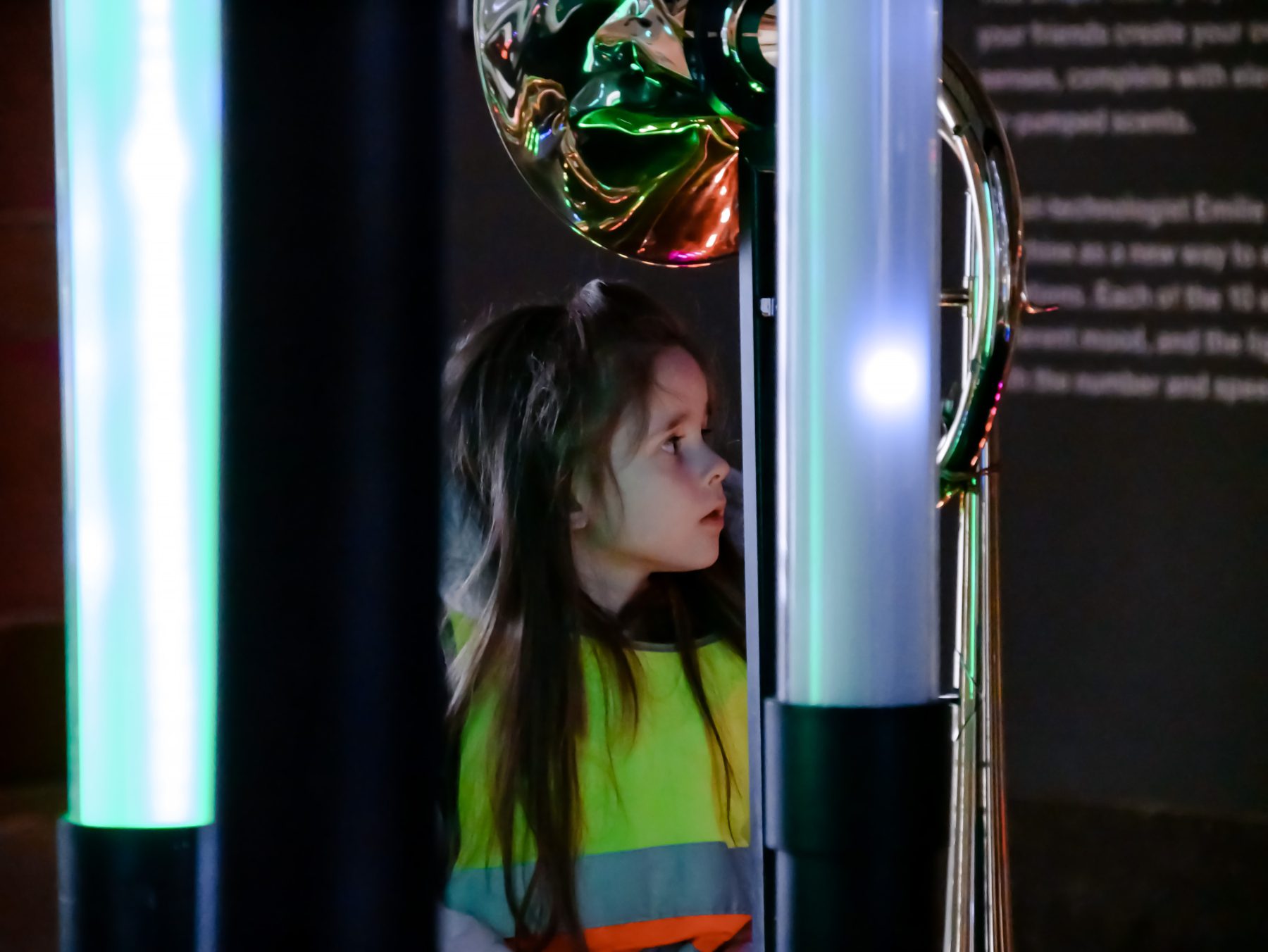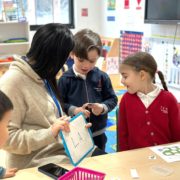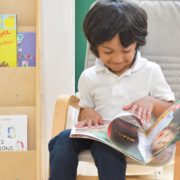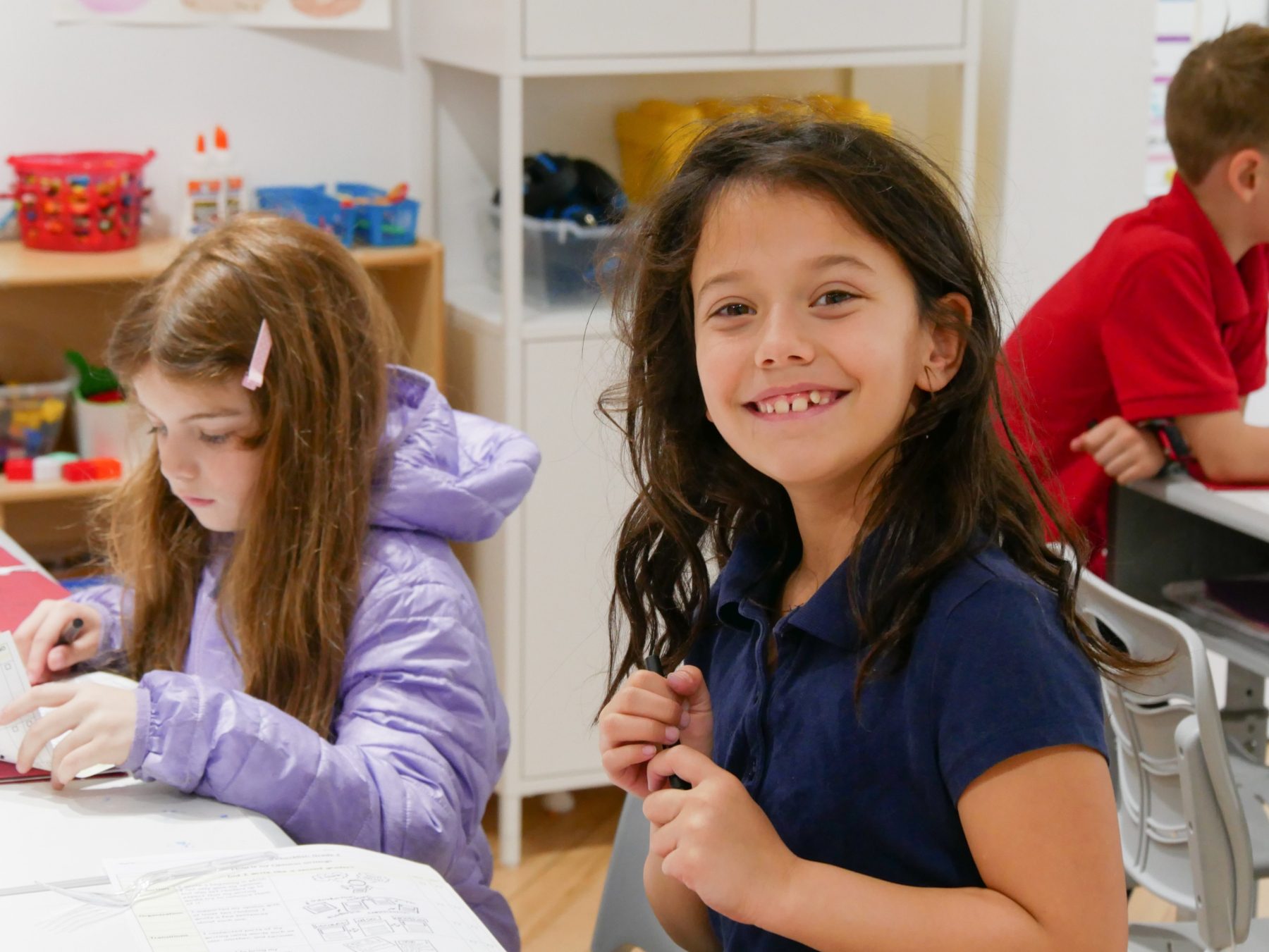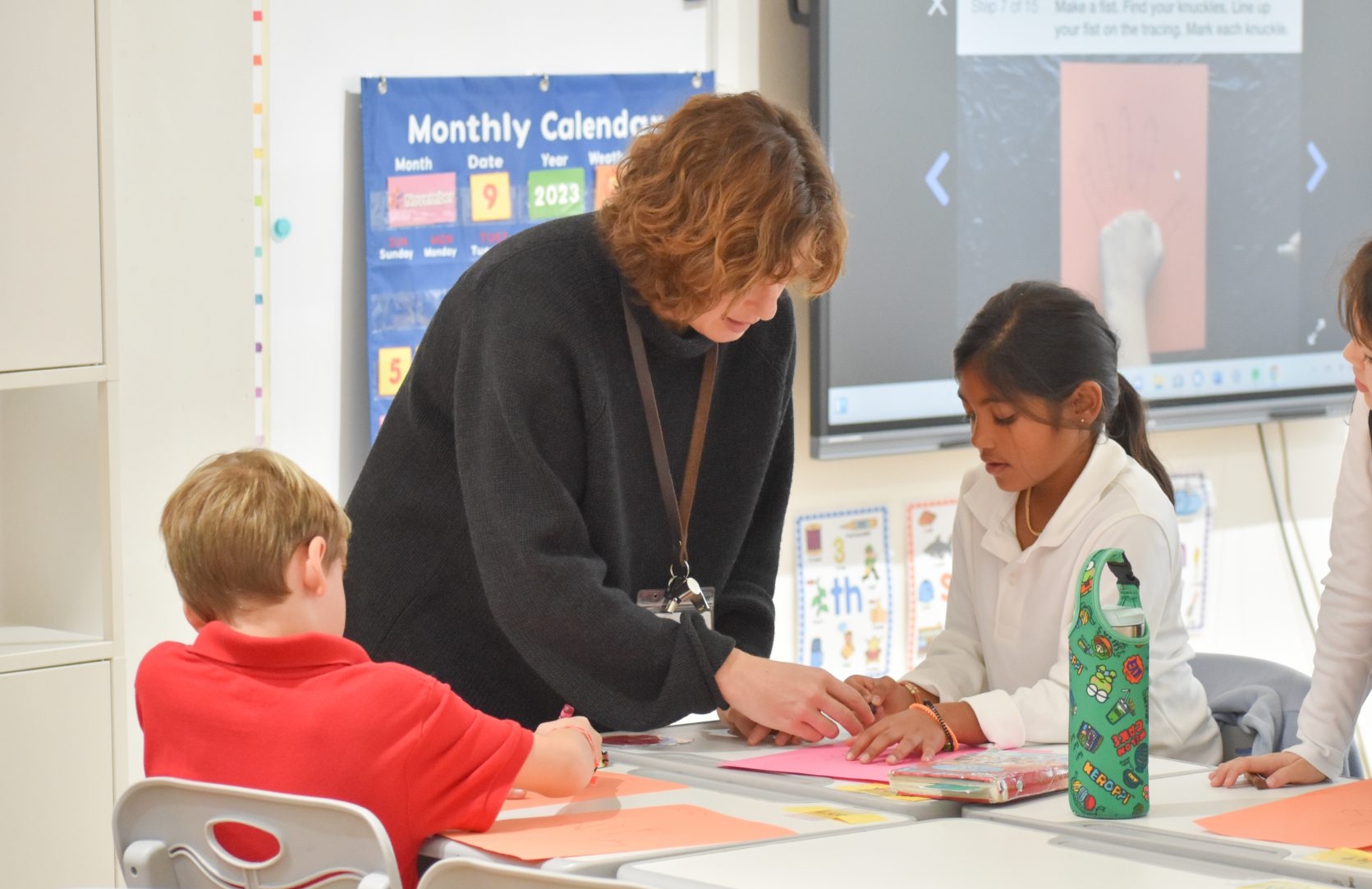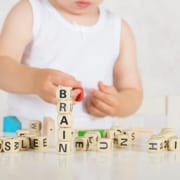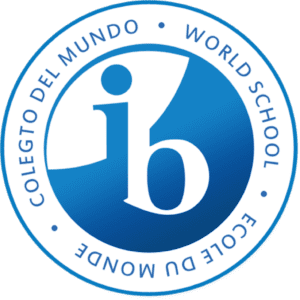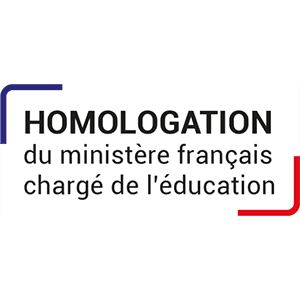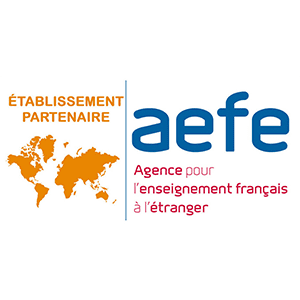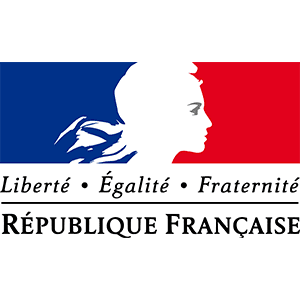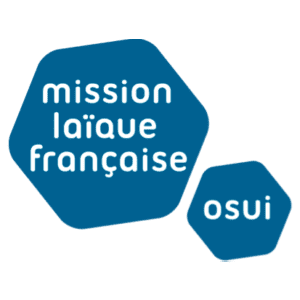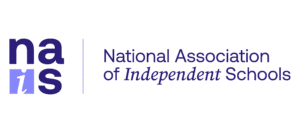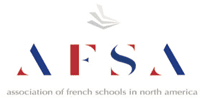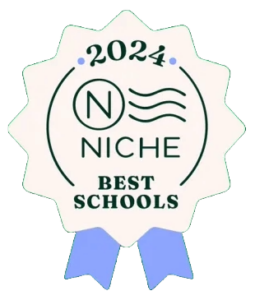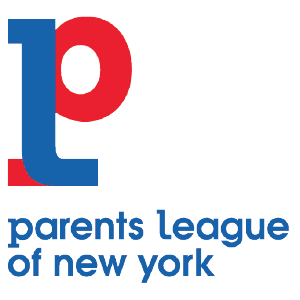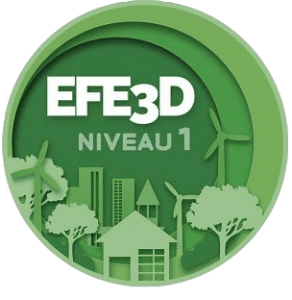5 Places to Celebrate Lunar New Year Around Hoboken
Lunar New Year is a celebration of the arrival of spring and the beginning of a new year on the lunisolar calendar. It is the most important holiday in China (also known as the Spring Festival, 春节Chūn jié) and widely celebrated across Asia and in overseas Chinese communities. It is a time for family and community reunions, feasting, parades, and fireworks, symbolizing renewal and prosperity.
In 2025, January 29th marks the beginning of the Lunar New Year, the Year of the Snake. A common motif in myths and tales, the snake symbolizes transformation and personal growth in Chinese culture. As Hoboken and the surrounding NYC area come alive with festivities, here are five incredible places to immerse yourself and your family in the traditions and joy of the Lunar New Year.
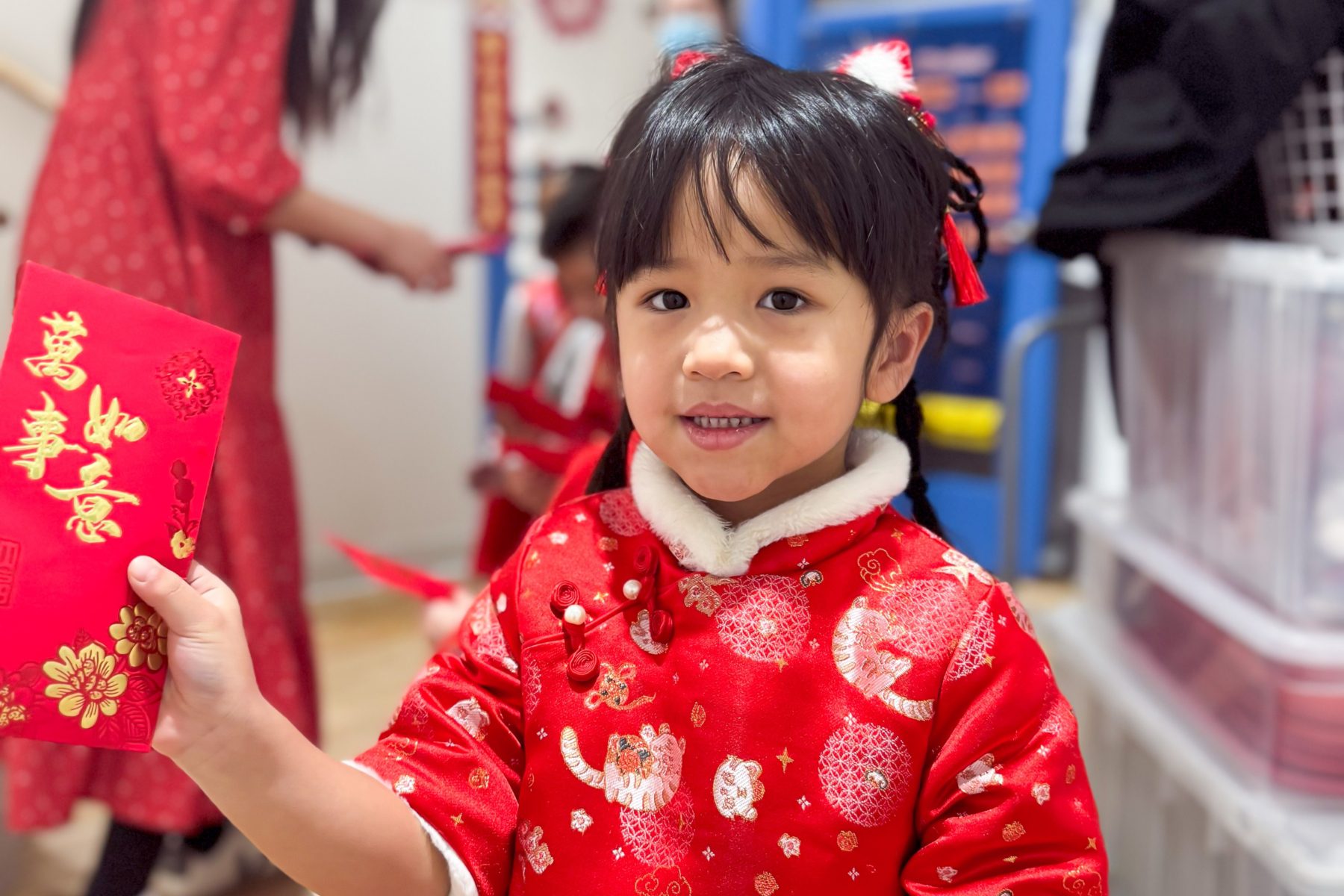
As a Mandarin immersion school, Lunar New Year is one of our largest annual celebrations at Tessa International School.
27th Lunar New Year Firecracker Ceremony & Cultural Festival in Chinatown
Kick off the Lunar New Year on January 29 with a bang—literally—at Chinatown’s Firecracker Ceremony and Cultural Festival in Manhattan Chinatown!
Organized by Better Chinatown USA, this festival begins with a traditional firecracker display to ward off evil spirits and welcome the New Year in Sara D. Roosevelt Park. Attendees can enjoy a variety of cultural performances, including lion and dragon dances. From 11:30 AM to 3:30 PM, festival booths will offer traditional foods, souvenirs, and exhibits. This family-friendly festival is a sensory delight that captures the true essence of the celebration!
The Sound of Spring—Chinese New Year Concert with The Orchestra Now in NYC
Music lovers, here’s the perfect event for you to honor the Lunar New Year while appreciating the musical heritage of China!
Now in its sixth year, The Sound of Spring is an authentic Chinese New Year concert featuring dramatic orchestral works and world-class Chinese instrument soloists. Concerts will take place on January 25 at 3 PM in The Fisher Center at Bard College and on January 26 at 3 PM in the Rose Theater at Lincoln Center in New York City. Exposure to the diversity and artistry of Chinese music is a wonderful way to spark your children’s interest in the richness of cultural heritage and the beauty of another language!
In addition to opportunities to explore China’s rich musical traditions, the event also offers pre-concert celebrations at 2 PM for you to embrace the Chinese New Year’s spirit. Come early and bring your kid for Chinese treats and instrument demonstrations!
Lunar New Year Celebration & Open House at Tessa International School
Celebrate Lunar New Year with Tessa International School in Hoboken on February 1 at 9:30 AM!
This open-to-all event invites families to immerse themselves in the culture and festivities of the Year of the Snake. Through a variety of activities such as sugar painting (Tanghua), Couplets (Chunlian) DIY, and a Mandarin book sale, you will enjoy a vibrant morning of cultural exploration and community connection!
As an international school offering a Mandarin immersion program for students aged 2-10, Tessa International School incorporates culturally responsive teaching practices into our bilingual education. Our programs aim to foster a deep appreciation for global traditions and values, equipping students with both linguistic and cultural skills they need to thrive in an interconnected world. At 10:30 AM, a special presentation by our administration team will help you learn about Tessa’s programs and school mission!
Don’t miss this opportunity to explore, connect, and celebrate! You can sign up here.
Sanxingdui Encounter Exhibition at Memor Museum in NYC
Perfect for history enthusiasts and families—step into the world of ancient Chinese culture with the Sanxingdui Encounter Exhibition before January 19!
History meets technology at this immersive exhibition showcasing ancient Chinese culture. Featuring a one-to-one replica of Sanxingdui artifacts and cutting-edge VR and AI interactive activities, this experience brings a 3,000-year-old civilization to life in an innovative fashion. Blending education with cultural celebration, this event will add a meaningful dimension to your holiday experience.
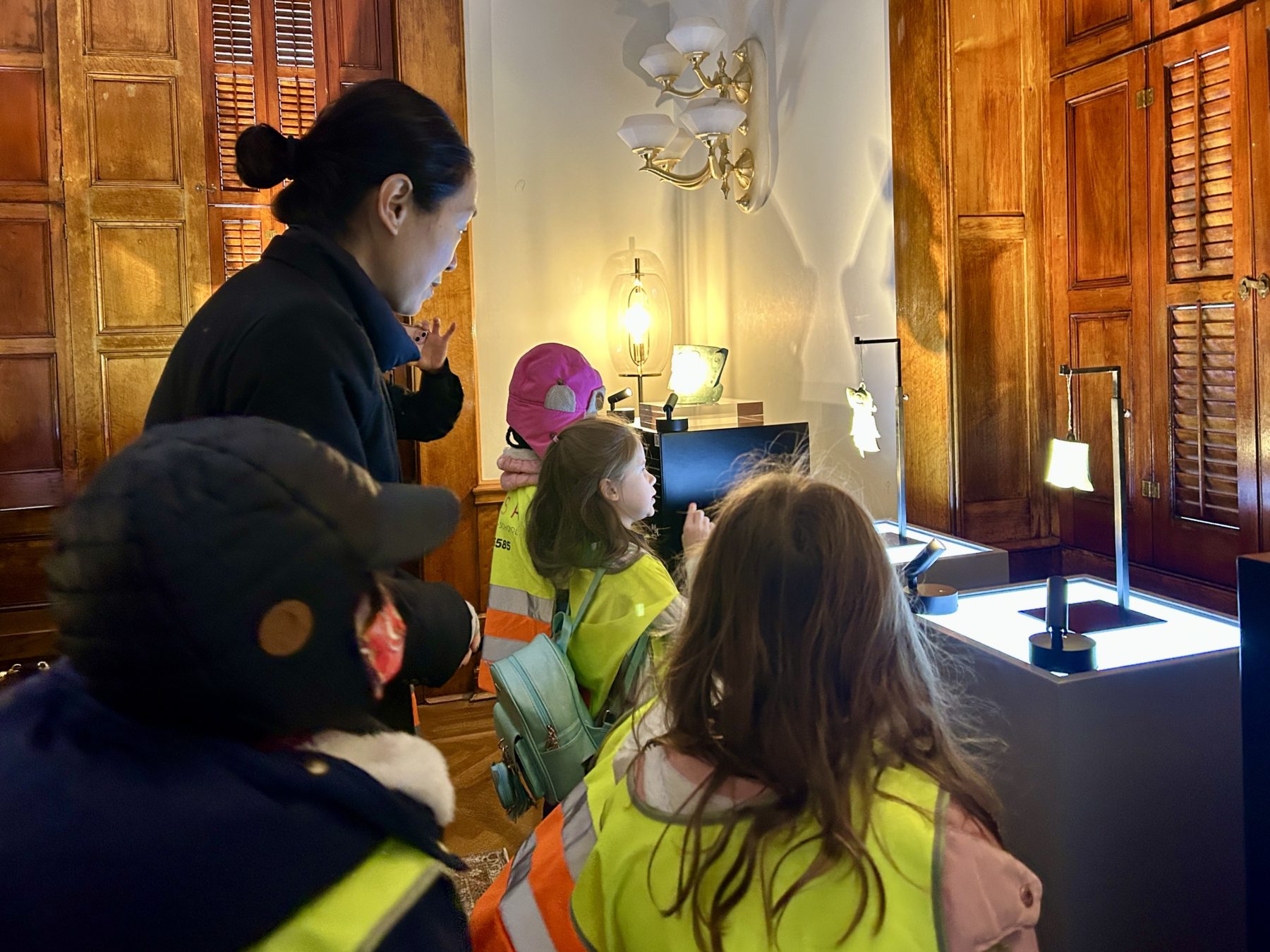
During their field trip, students in Mandarin Track at Tessa observed the cultural relics up close.
Lunar New Year Celebration Series at American Dream in NJ
Still on the hunt for the New Year’s essentials? The Lunar New Year Series at American Dream offers a mix of entertainment, shopping, and cultural activities!
Interactive shows, holiday-themed markets, and a variety of all-age entertainment—there’s something for everyone to enjoy from January 24 to February 9. This lively series captures the festive essence of the Lunar New Year, making it an exciting destination for a day of fun with the whole family.
FAQs
What is the Lunar New Year?
The Lunar New Year, celebrated widely across Asia, marks the start of a new year on the lunisolar calendar. It is a time to reunite with family and friends, honor ancestors, and welcome prosperity, health, and happiness.
When is the Lunar New Year celebrated?
The date often falls between late January and early February, varying each year as it is based on the lunisolar calendar. In 2025, Lunar New Year begins on January 29, ushering in the Year of the Snake.
Why is it important to learn about the Lunar New Year?
Lunar New Year is the most important holiday in many Asian countries, celebrated by billions of people each year. This significant cultural celebration offers a valuable window into diverse cultures and promotes understanding of different customs around the world.
In addition, activities celebrating the Lunar New Year provide language- and value-immersive opportunities for learners to apply both their linguistic and knowledge skills in real-life situations. As an international school offering a Mandarin immersion program, we believe that encouraging bilingual learners to actively participate in relevant socio-cultural events helps them sustain a lifelong passion for language learning and develop an open-minded attitude.
Learn more about why you should choose Chinese immersion for your children here.
Are you ready to discover Hoboken’s leading international private school?
Contact Tessa International School to learn more!


